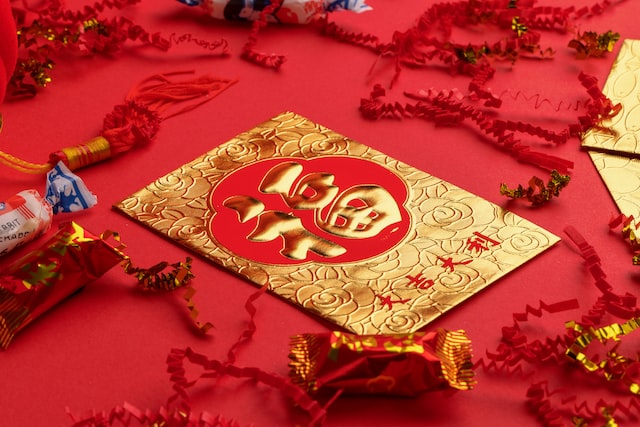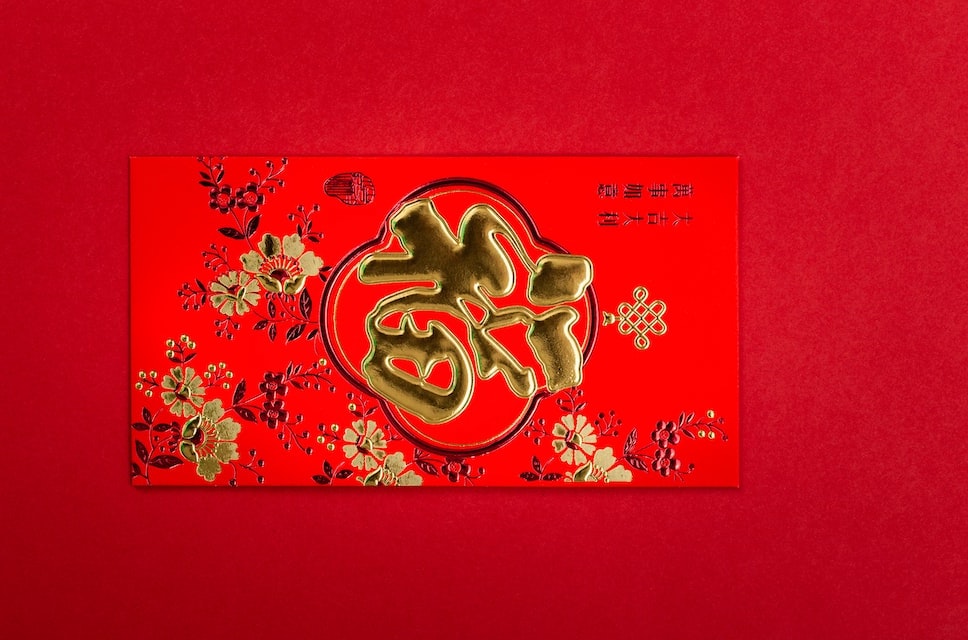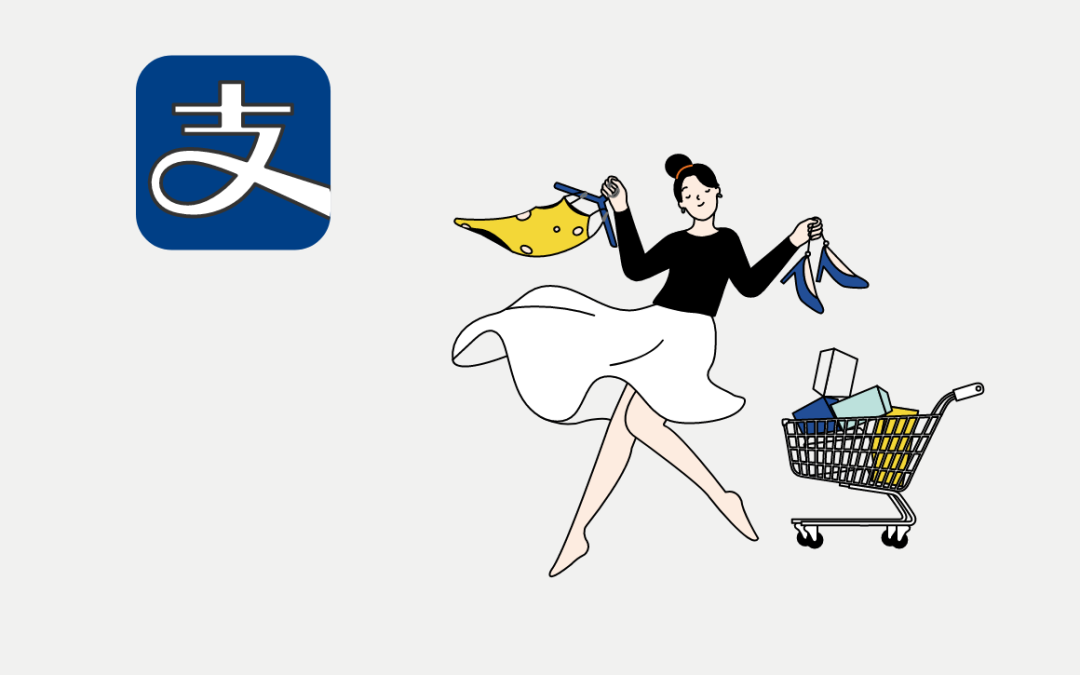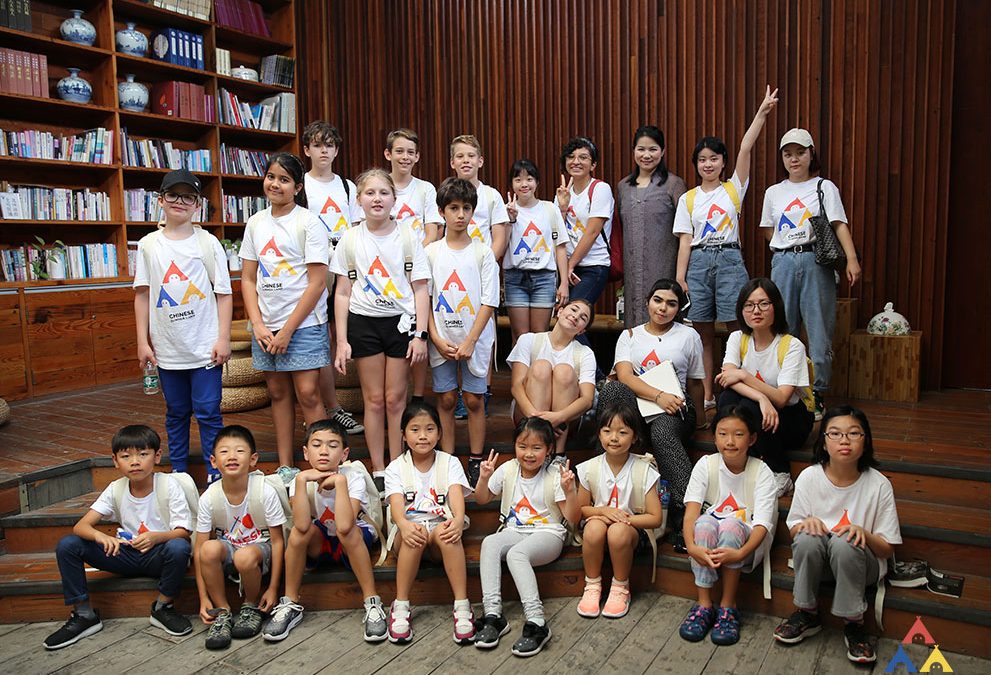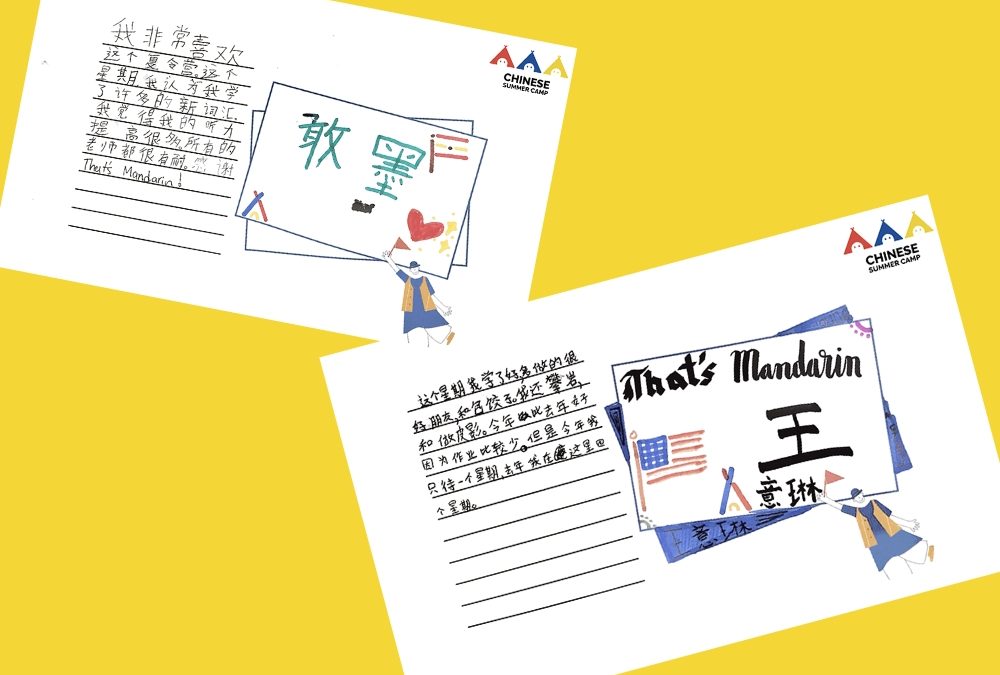Being a kid at Chinese New Year is much like being a kid at Christmas; you will receive lots of presents from relatives, be able to eat as many sweets as you want and, because the Chinese believe that crying at New Year will set a bad president for the rest of the year; you won’t get told off for misbehaving! However, the one thing about Chinese New Year that is different from Christmas is probably the best bit – hongbao!
Hongbao (红包 hóngbāo), or red envelopes contain varying amounts of money and are given to kids and young unmarried family members at New Year.
While money may be given at Christmas, at Chinese New Year it is a must and it is perfectly normal for a child to go around all their relatives over the New Year period and ask them for a hongbao. Receiving hongbao can be a great money-making exercise, especially if you have a big family, as all older family members are expected to give a red envelope to all the younger members of the family. The amounts given are not usually small amounts either; expect hundreds rather than tens!
Why Red Envelopes?
In China, red is considered as the color of good luck and fortune, especially at New Year time. Therefore, the money wrapped up inside the envelopes is supposed to bring happiness to those it is given to. The envelopes also often have a message on the outside wishing the receiver a lucky and prosperous year.
Why Money?
The money in a hongbao is special. It is called 压岁钱 (yāsuìqián), which literally translated means “suppressing age money”. It represents a child staying young. The character 岁 also has the same pronunciation as the character for devil, so the money has the double meaning of also suppressing the devil and stopping bad luck from coming. Hongbao are given to children to ensure that they have a healthy and safe year and can grow up strong.
How do you Ask for a Hongbao?
恭喜发财,红包拿来!
(Gōngxǐ fācái, hóngbāo ná lái)
Happy New Year! Give me a red envelope!
Kids can learn more about Chinese New Year and the traditions surrounding it by joining our kids & teens Chinese programs. They can also join our Winter Chinese Camps each year in November and December and learn how to ask for a red envelope and other useful phrases themselves. See you there!

